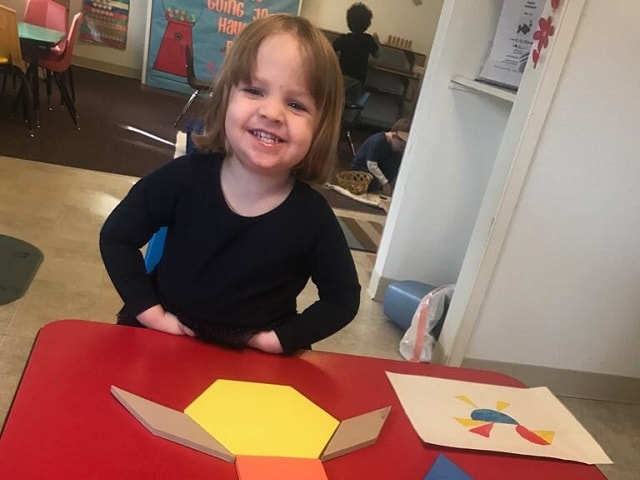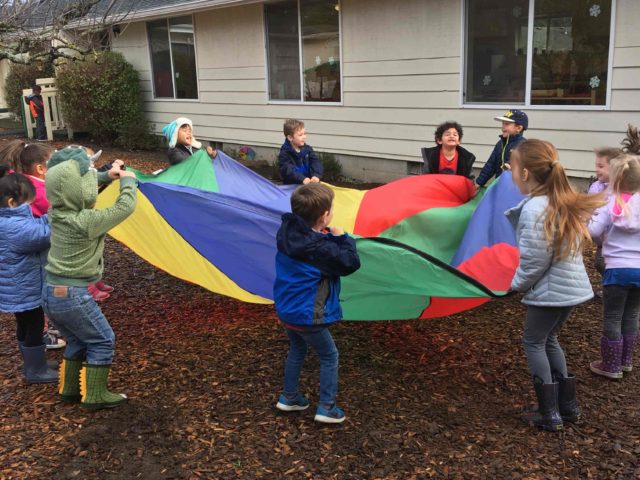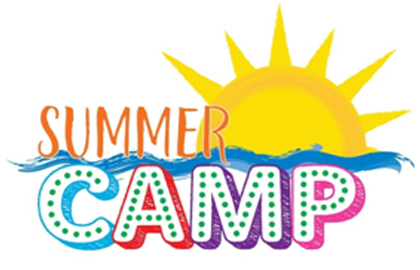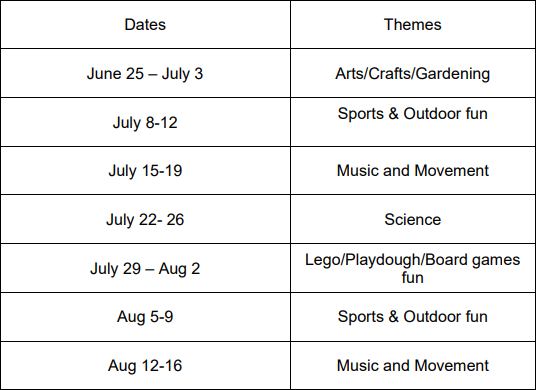Spanish Program – We offer weekly Spanish classes for all children.
- When children learn multiple languages at a young age, they develop a life-long love of communicating with others.
- Opens the door to other cultures and helps a child understand and appreciate people from other countries.
- By incorporating foreign languages into curriculum, children develop a greater appreciation for diversity.
- When young children learn about the structure of other languages, their ability in English is enhanced.
- When children learn a second language at an early age, they will achieve a more native grasp of both grammar and pronunciation in the second language.
- Leaves students with more flexibility in thinking, greater sensitivity to language, and a better ear for listening.
- Employers in the United States will continue to value employees who can speak multiple languages, especially Spanish.
- Children in foreign language programs have tended to demonstrate greater cognitive development, creativity, and divergent thinking than monolingual children.
- Several studies show that people who are competent in more than one language outscore those who are speakers of only one language on tests of verbal and nonverbal intelligence.
- Studies also show that learning another language enhances the academic skills of students by increasing their abilities in reading, writing, and mathematics.
- Improves a child’s understanding of his/her native language.
- Field Trips – We go on several field trips during the year. Some of our past field trips have included seeing a play at Carco Theater, visiting Remlinger Farms in the fall, and going to the Fire Station.
- Show and Tell – Children learn to speak in front of a group and practice their listening skills, as well as learn to take turns and respect others’ point of view. Items shared include items such as natural artifacts, books and cultural items.
- Book Club – Parents and children have the opportunity to buy books, videos, and software at reasonable prices through the Scholastic Book Club.
- Activities of a Religious Nature – No specific religious belief will be emphasized, however we welcome ethnic and cultural diversity which helps to raise children’s awareness as well as gain an understanding and respect toward all peoples of the world.




